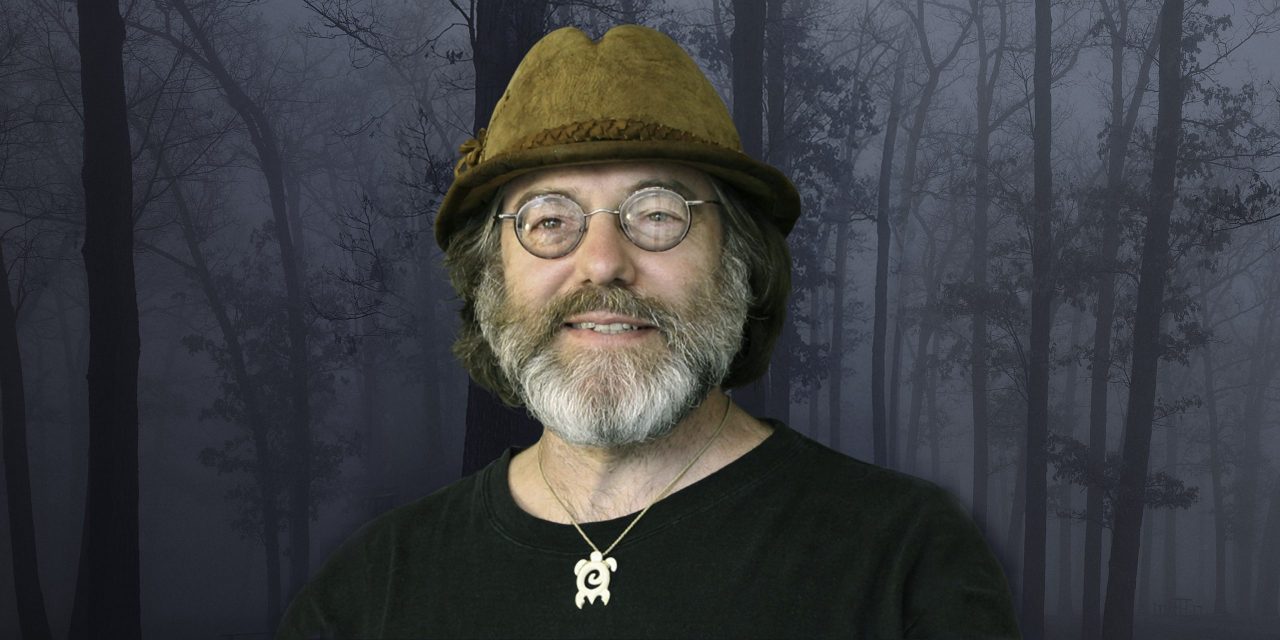PODCAST PEOPLE: A Summary from the Real Leaders Podcast
“The hubris of humans is thinking that we’re smarter than nature, right? And thinking that all this technology is going to save us. None of this technology will save us unless it’s invested in the natural systems.”
Paul Stamets is a world-renowned mycologist, author, and entrepreneur, helping people understand the benefits of medicinal fungi and the importance of nature’s ecosystems.
The following is a summary of Episode 86 of the Real Leaders Podcast, a conversation with mycologist Paul Stamets. Watch, read, or listen to the full conversation below.
Reinvesting in Fungi
As an ambassador of the fungal kingdom, Paul suggests that the world’s modern push for technological advancement has not only harmed the planet, but is consequently causing us to lose sight of the complexity and inherent wisdom of nature. Nature’s complexity is current’y beyond much of our comprehension. 400 miles of fungal networks, for example, can be found under a single footstep, an intricacy he affirms big data can never catch up with.
“You know, we are truly Neanderthals with nuclear weapons. And unless we become more responsible citizens on this planet, we will be ejected out of this biosphere as a pathogen. Now the planet will survive. I’ve no doubt about that. Fungi and bacteria will survive. But will the ecosystems have the ability to sustain human existence?”
Redefining Darwinian Theory
Paul suggests that we could not only learn a lot from studying nature more closely, we could benefit from emulating the inter-connected way that species in the natural world survive. Consequently, we need to reframe our scientific understanding of how the world operates beyond the human sphere.
“I want to redefine Darwinian theory. It is not the survival of the fittest. It’s the extension of generosity of surplus to other members in the ecological community to build biodiversity. So it’s not the individual that survives, it’s the community that cooperates that survives.”
Transcript
Connect
Find more of Paul’s insights here:




































